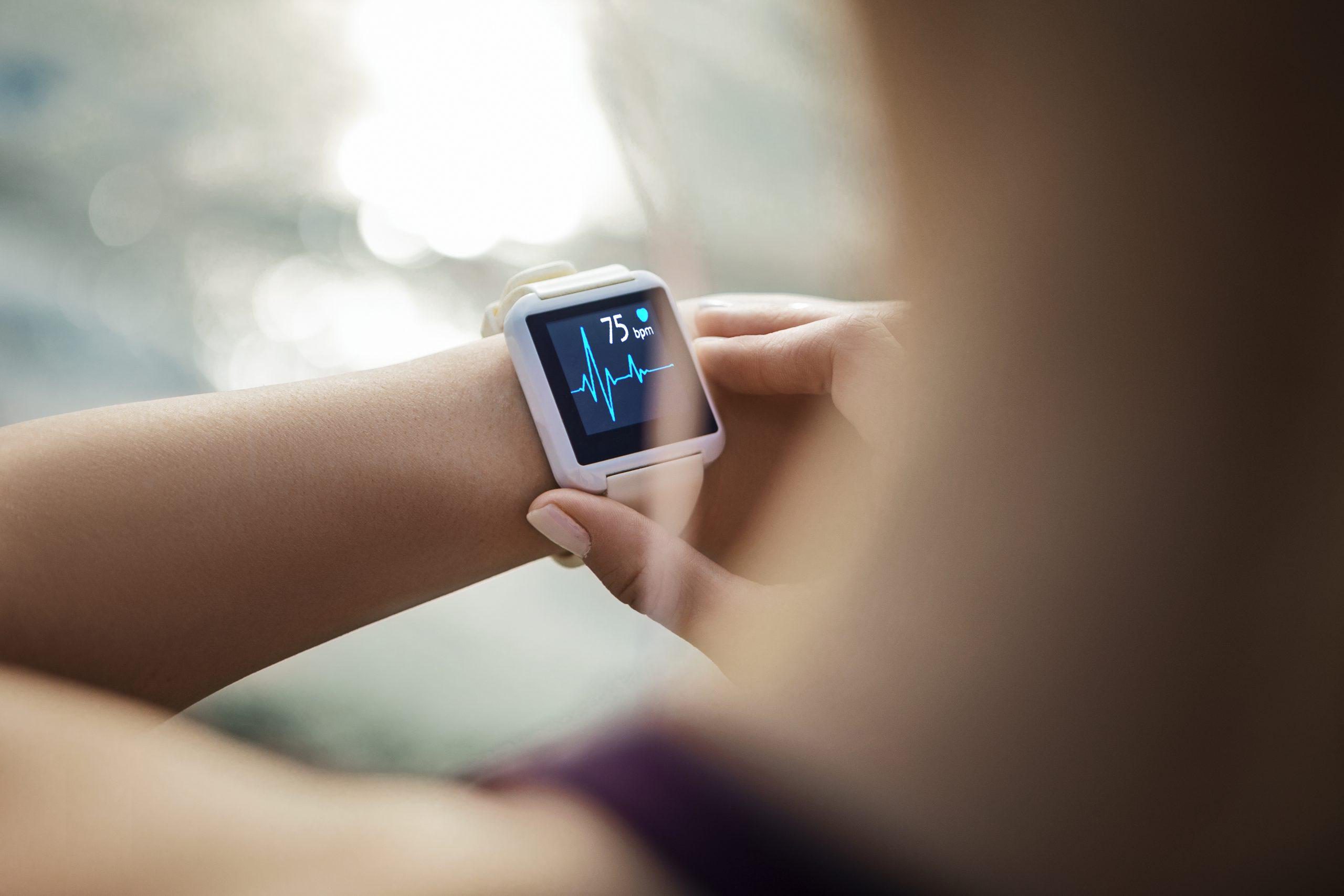
ISR’s d3center creates new network for data analysts working in mobile health
April 24, 2023
Contact: Jon Meerdink ([email protected])
ANN ARBOR — The Institute for Social Research’s Data Science for Dynamic Intervention Decision-Making Center (d3center) is working with the Depression Center to create a new network for data analysts working in the field of mobile health.
Studies that use mobile technology, wearable sensors, mobile devices, smartphones, and more generate a great deal of data that can be used to address a wide variety of questions related to human behavior, creating opportunities for real-time, real-world interventions in the process. According to d3center director Billie Nahum-Shani, the network will help streamline the data analysis process.
“The data is very rich, yet highly complex. Figuring out how to curate the data and manage it is a non-trivial task. It takes a lot of time. We thought that by creating a network where the data analysts could exchange knowledge, they could share the challenges that they had and solutions that they’ve developed, which can speed up the work done at the University of Michigan to develop mobile health tools.”
Speed is an important factor in mobile health research because of the enormous potential of mobile interventions, which can help people in real time. Mobile devices, like wearable fitness sensors and smartphones, give researchers the chance to understand people’s experiences and behaviors in daily life . This data can be used to develop actionable steps based on people’s current health situations and changing context.
“Think about a person who’s trying to quit smoking. One of the things that could be challenging for them is managing their cravings in real time,” said Nahum-Shani. “If we have the ability to monitor their cravings continuously by asking them questions and using sensors, then we could potentially deliver interventions in real time to help them prevent or manage their cravings as they experience them in the real world.”
Research to empirically develop such real-time mobile interventions creates a need for data curation. Clear documentation of data curation processes makes mobile health studies more replicable, allowing other researchers to test the findings and thus increase confidence in the results.
But most importantly, cultivating a network of analysts could create a new, potentially valuable community across the University of Michigan. Many data analysts across U-M are doing high quality work, but Nahum-Shani says they tend to work in isolation.
“Each department, center, or unit, can typically afford to hire one, maybe two data analysts. Usually these analysts don’t work as part of a big team of data analysts where they can learn from each other,” she said. “That’s why we wanted to bring them together, not only to share ideas, but also to support one another.”
All in all, the hope is that these efforts would result in a network of connected analysts who are able to move the field of mobile health research together, making their findings and methods available to anyone who needs them.
“The goal of d3c and the initiatives that we support is to share pretty much any methodological resource that we’re developing. We think that there’s a lot of potential in mobile health research that can help people deal with all kinds of chronic illnesses and problems,” said Nahum-Shani. “We’re making it our major mission to disseminate our methodological tools so they are available for everyone to use, free of charge. The more researchers know about this, the more these tools can be leveraged to build better digital interventions.”
Visitors to the d3center website can browse open-source software, online course material, introductory overviews to trial designs and intervention frameworks developed by the center, and more at d3c.isr.umich.edu. Over time, the activities of the Mobile Data Expert Network will feed the growth of resources that make it easier for intervention researchers everywhere to design powerful mobile health interventions.
